Hi there, pet lovers! 🐾
Ferrets (Mustela putorius furo) are playful, mischievous, and endlessly entertaining pets that have captured the hearts of animal lovers for decades. These small, carnivorous mammals belong to the weasel family and are known for their boundless energy, curious nature, and affectionate (if sometimes chaotic) personalities.
But are ferrets the right pet for you? While they can be incredibly rewarding companions, they also come with unique challenges—strong odors, high energy levels, and specific care requirements. In this detailed ferret review, we’ll cover everything you need to know before bringing one of these lively little mustelids into your home.
Overview
Ferrets are domesticated members of the weasel family, prized for their playful antics and social nature. Here’s a quick summary of what makes them stand out:
- Handling and Temperament: Highly interactive but can be nippy if not properly socialized.
- Care and Maintenance: Moderate to high-maintenance, requiring daily cleaning and enrichment.
- Health and Durability: Prone to certain health issues; lifespan averages 6-10 years.
- Availability: Widely available in pet stores but illegal in some areas.
- Cost: Moderate initial setup, with ongoing expenses for food and vet care.
- Overall: A fun but demanding pet best suited for experienced or dedicated owners.
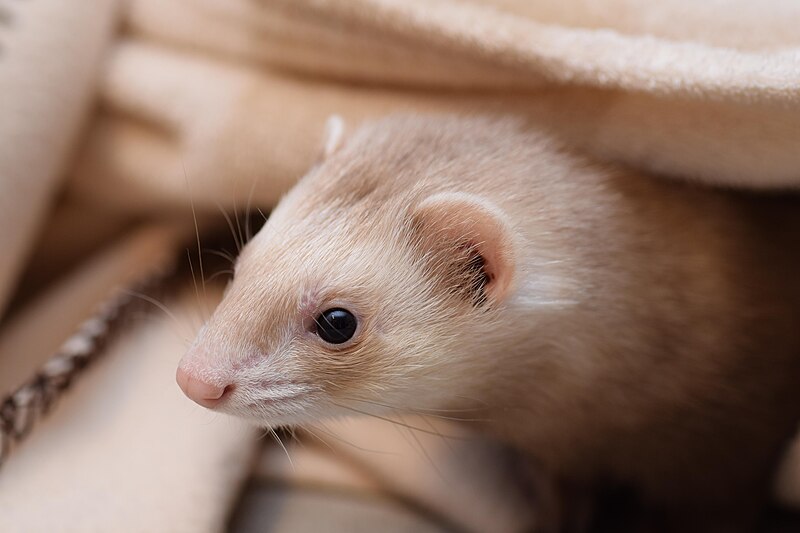
Why Choose a Ferret?
Ferrets are ideal for owners who want an interactive, playful, and highly social pet. Unlike many small mammals, ferrets form strong bonds with their humans and thrive on attention. They are intelligent, curious, and full of personality, making them endlessly entertaining.
However, they are not low-maintenance pets. Ferrets require daily interaction, mental stimulation, and a carefully managed environment. They are also not ideal for households with very young children due to their nippy tendencies and fragile bodies.
For those willing to put in the effort, ferrets can be incredibly rewarding companions—full of energy, affection, and comedic antics.
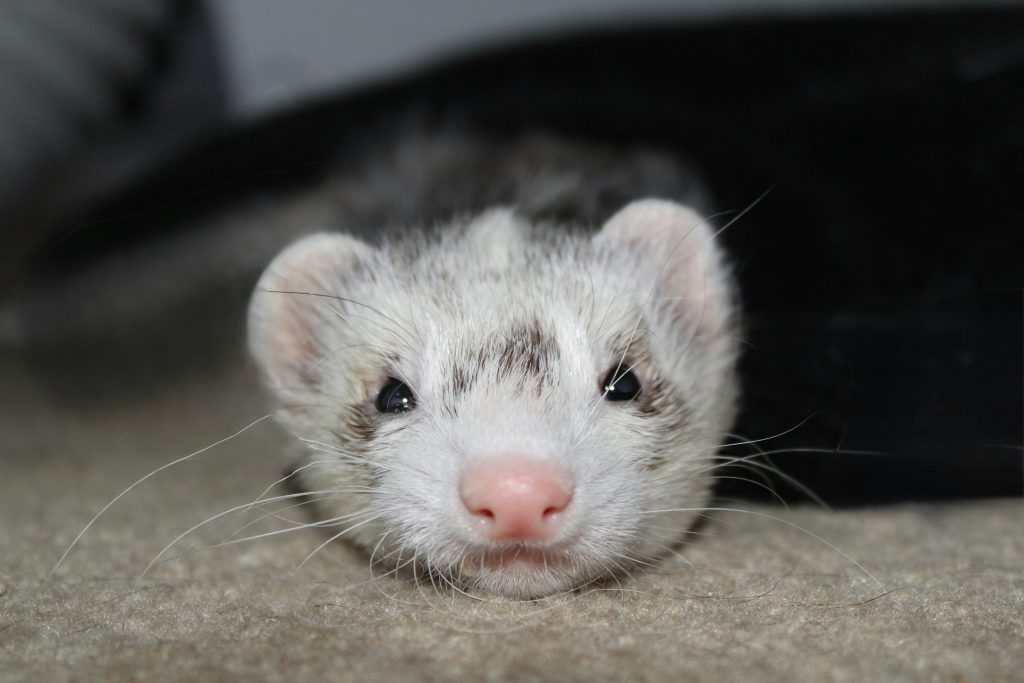
Handling and Temperament
Ferrets are highly social and playful, but their personalities can vary widely. Some are cuddly and relaxed, while others are constantly on the move, exploring, and getting into trouble.
Personality Traits
- Playful & Energetic: Ferrets love to play, wrestle, and explore. They enjoy tunnels, balls, and interactive toys.
- Affectionate (on Their Terms): Many ferrets enjoy cuddling—but only when they’re tired.
- Nippy (Especially as Kits): Young ferrets explore with their mouths, so gentle training is needed.
- Stubborn & Clever: They can be escape artists and will find ways into cabinets, drawers, and small spaces.
Handling Tips
✔ Socialize early to reduce nipping.
✔ Supervise playtime—ferrets can be rough with small pets.
✔ Avoid sudden movements—they startle easily.
✔ Never leave unattended with other pets (especially birds or rodents).
Do Ferrets Bite?
Ferrets can bite, but usually only if scared or improperly socialized. A well-trained ferret will mouth gently rather than bite hard.

Care and Maintenance
Ferrets are not low-maintenance pets. They require daily interaction, cleaning, and mental stimulation.
Enclosure Setup
- Minimum Size: A multi-level ferret cage (like the Ferret Nation or Critter Nation) is ideal.
- Bedding: Fleece liners are best—avoid loose substrates (they can cause blockages if ingested).
- Litter Boxes: Trainable, but accidents happen. Use pellet or paper-based litter (avoid clay or clumping types).
- Toys & Enrichment: Tunnels, hammocks, balls, and dig boxes keep them entertained.
Diet & Feeding
Ferrets are obligate carnivores, meaning they need high-protein, high-fat diets.
✔ Best Options:
- Raw or freeze-dried meat diets (commercial ferret food or high-quality kitten food).
- Avoid fruits, veggies, and grains—they can’t digest them properly.
✔ Feeding Schedule:
- Fresh food 2x daily (they have fast metabolisms).
- Always provide fresh water (bowls are better than bottles).
Cleaning & Odor Control
- Spot-clean daily (ferrets poop frequently).
- Full cage clean 1-2x per week.
- Bathe only occasionally (too much bathing increases oil production and odor).
Temperature & Environment
- Ideal Temp: 60-75°F (they overheat easily).
- Avoid direct sunlight & drafts.
- Provide hiding spots (they love burrowing).
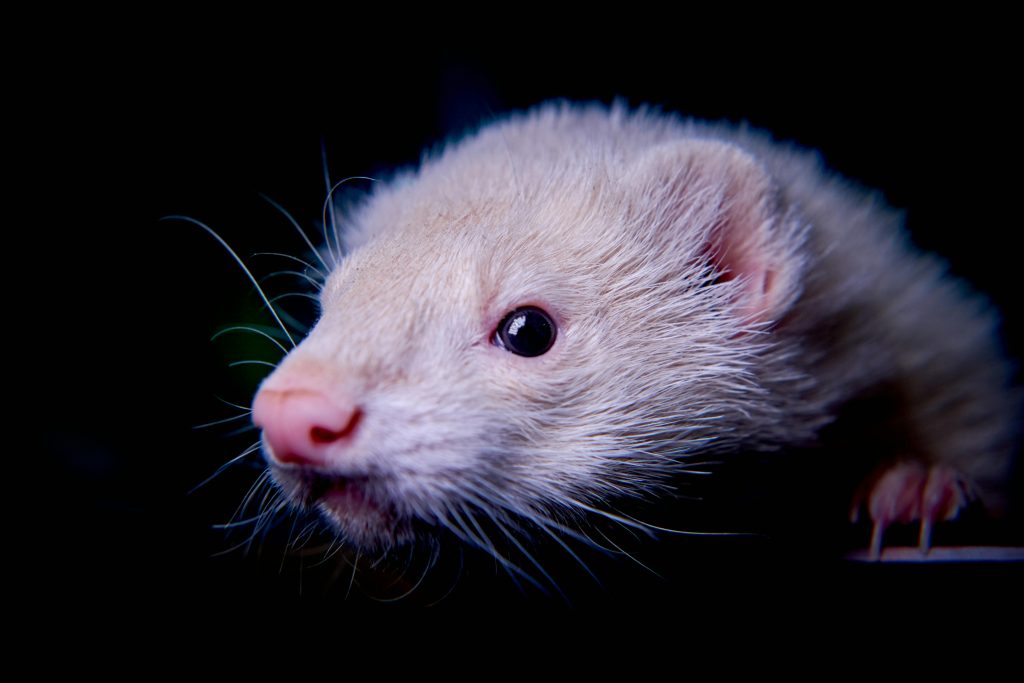
Health and Durability
Ferrets are not the hardiest pets—they are prone to several health issues.
Common Health Problems
- Adrenal Disease (hair loss, itching).
- Insulinoma (low blood sugar—causes lethargy, seizures).
- Lymphoma & Other Cancers.
- Gastrointestinal Blockages (from eating inappropriate objects).
Preventative Care
✔ Annual vet checkups (find an exotic vet experienced with ferrets).
✔ Vaccinations (rabies & distemper).
✔ Monitor diet & weight (obesity is a risk).
Lifespan
- Average: 6-10 years (some live longer with excellent care).

Availability and Cost
Where to Buy
- Pet Stores (most common, but often from large-scale breeders).
- Reputable Breeders (better for health-tested ferrets).
- Rescues & Shelters (many need homes due to owner surrenders).
Cost Breakdown
- Ferret Price: $100 to $300 (rare colors can be more).
- Initial Setup: $200 to $500 (cage, bedding, toys, litter).
- Monthly Costs: $50 to $100 (food, litter, vet savings).
Legal Restrictions
- Illegal in some places (California, Hawaii, New York City).
- Check local laws before buying.

Pros and Cons
Pros
✅ Highly social & playful.
✅ Form strong bonds with owners.
✅ Entertaining & full of personality.
✅ Can be litter-trained.
Cons
❌ Strong odor (even descented ones).
❌ Require daily cleaning & attention.
❌ Prone to health issues.
❌ Not suitable for young children.
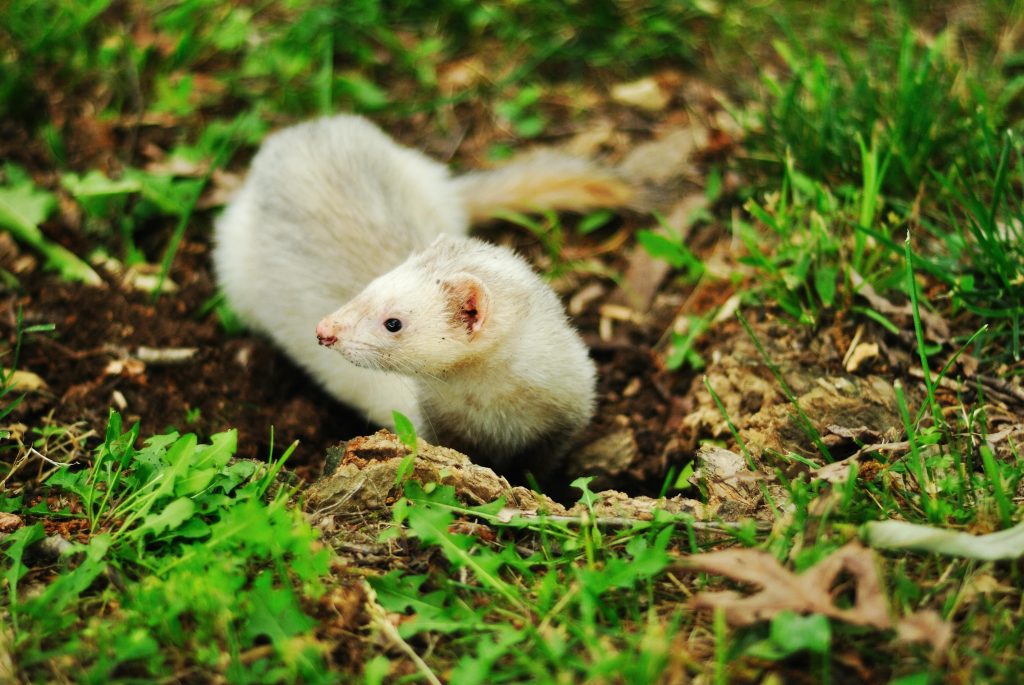
Final Thoughts
Ferrets are fantastic pets for the right owner—someone who enjoys their high energy, playful antics, and affectionate nature. However, they require a significant time investment, proper diet, and regular vet care.
If you’re prepared for the commitment, a ferret can be a wonderful, entertaining companion. But if you prefer a low-maintenance pet, a ferret may not be the best choice.
Have you owned a ferret? Share your experiences in the comments!
For more pet care guides, stay tuned to our blog and subscribe for updates! 🐾

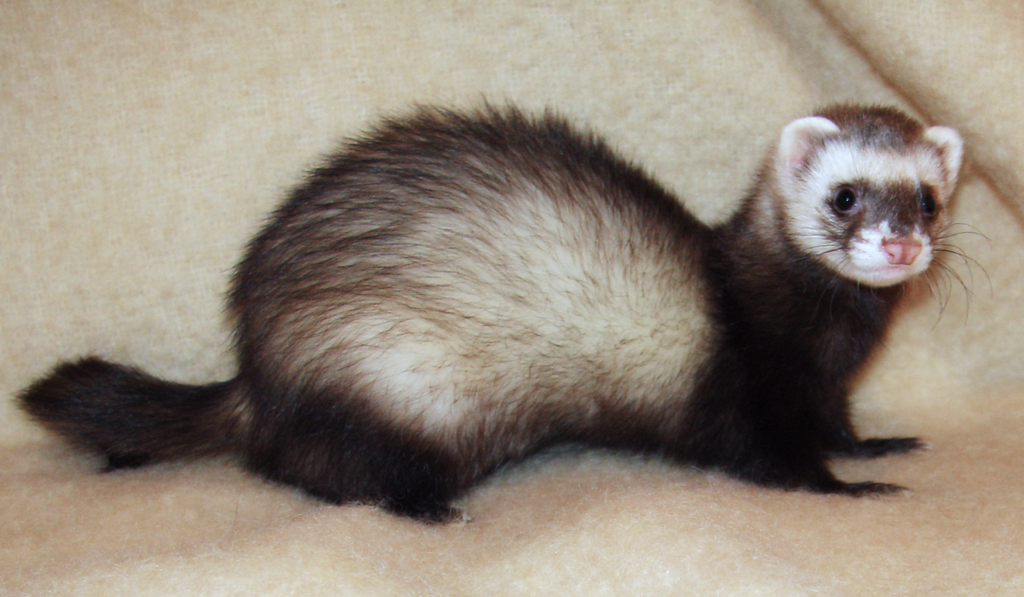

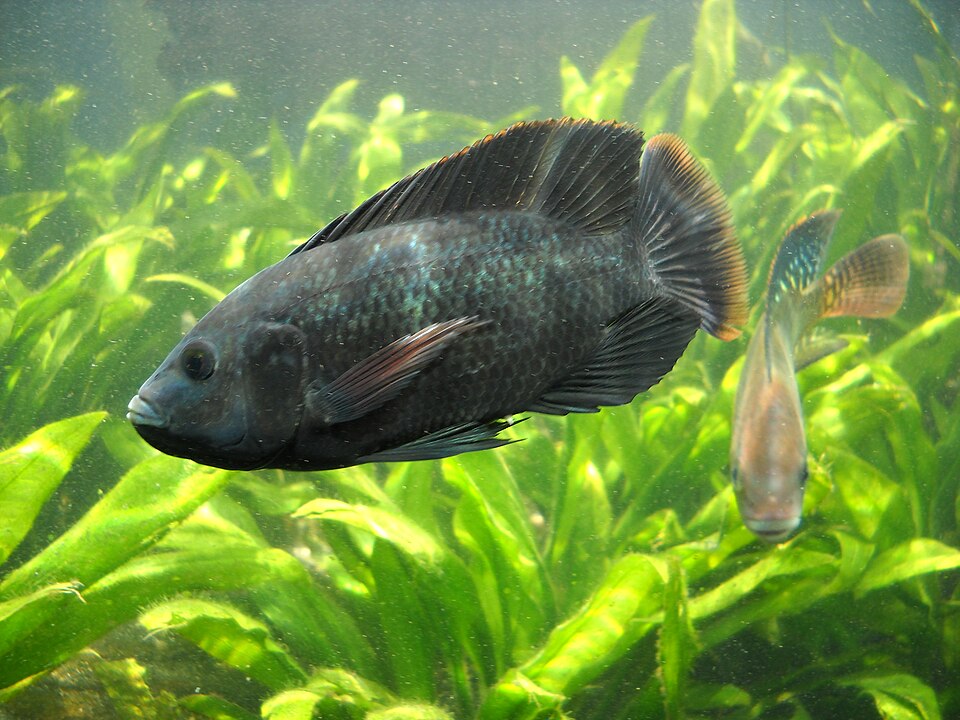
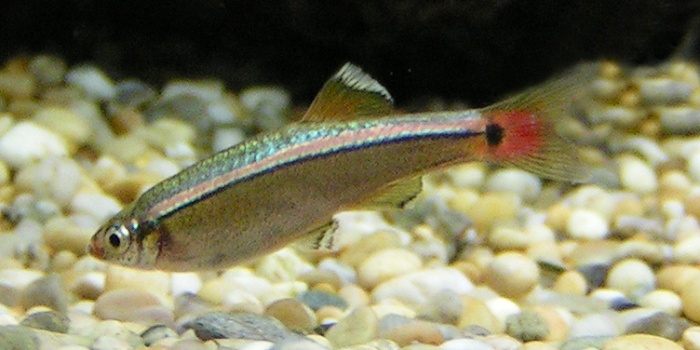
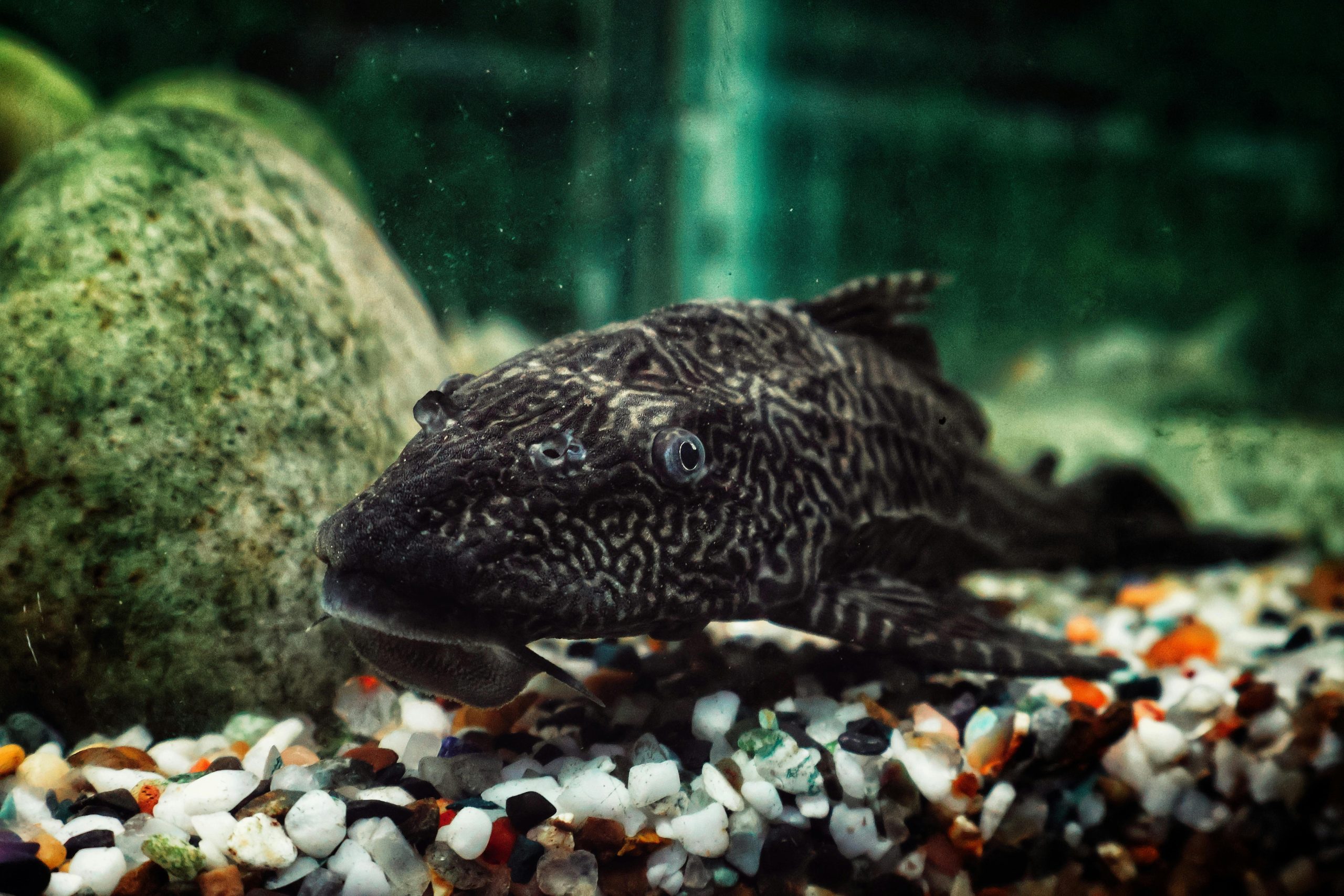
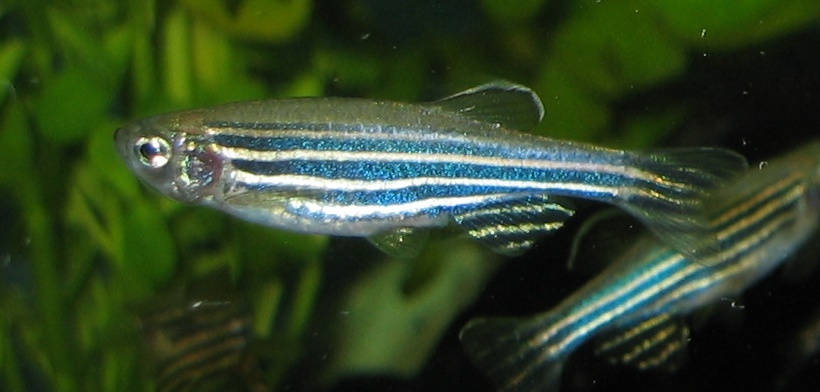
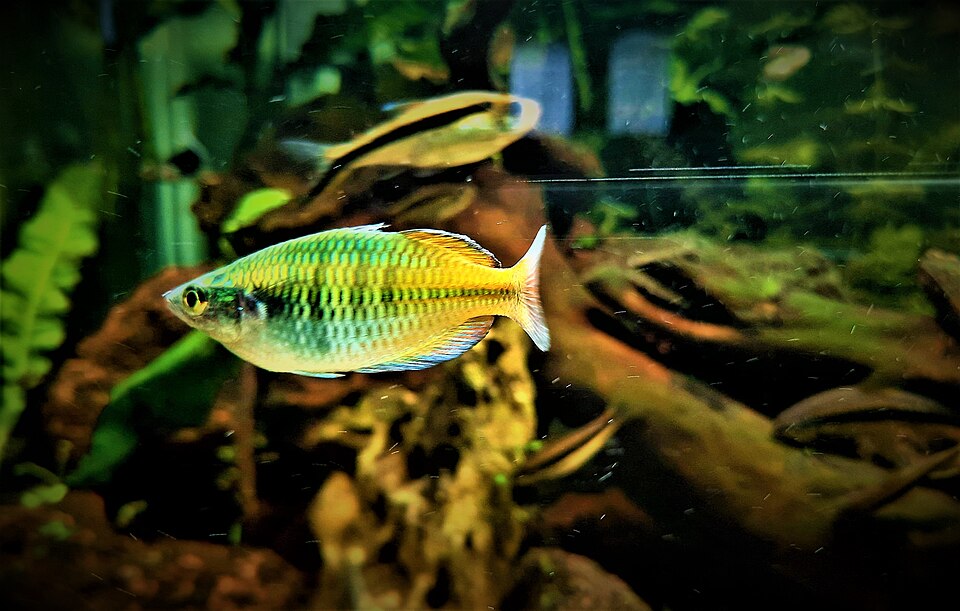
Leave a Reply